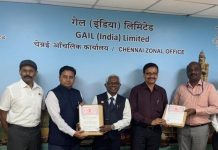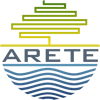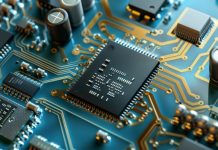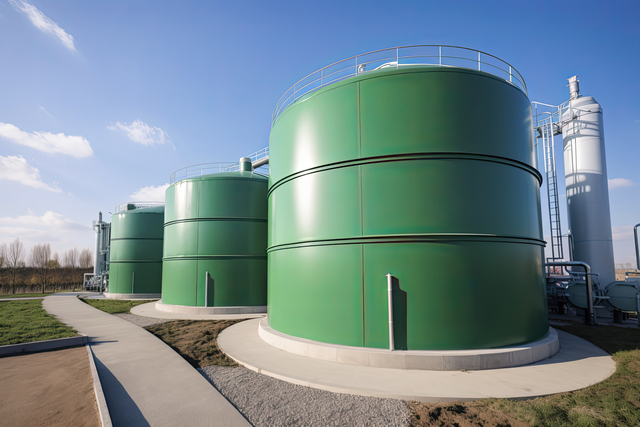Bharat Heavy Electricals Limited (BHEL) has signed a Technology Transfer Agreement (TTA) with the Bhabha Atomic Research Centre (BARC), Mumbai, marking a significant step in strengthening India’s hydrogen production capabilities. The agreement focuses on the mixed-matrix membrane diaphragm technology for use in electrochemical cell separator applications.
Replacing Asbestos and Reducing Import Dependence
The newly acquired mixed-matrix membrane diaphragm acts as an efficient and safer alternative to traditional asbestos-based diaphragms in electrolyser systems. Additionally, the technology offers a cost-effective substitute for imported Zirfon membranes currently used in water electrolyzers. This advancement boosts performance and reduces dependency on costly imports.
Enabling Fully Indigenous Electrolyser Systems
With this strategic technology acquisition, BHEL moves closer to fully developing indigenous alkaline electrolyser systems. Integrating BARC’s diaphragm innovation will enable BHEL to manufacture electrolyzers entirely developed and produced within India, aligning with national goals.
Supporting India’s Green Hydrogen and ‘Make in India’ Missions
The collaboration of BHEL and BARC plays a pivotal role in advancing the objectives of the National Green Hydrogen Mission. It reinforces BHEL’s commitment to sustainable energy solutions while supporting the Government of India’s ‘Make in India’ initiative. As reported by psuconnect.in, through this effort, BHEL is set to contribute meaningfully to the country’s transition to cleaner and self-reliant energy systems.
































